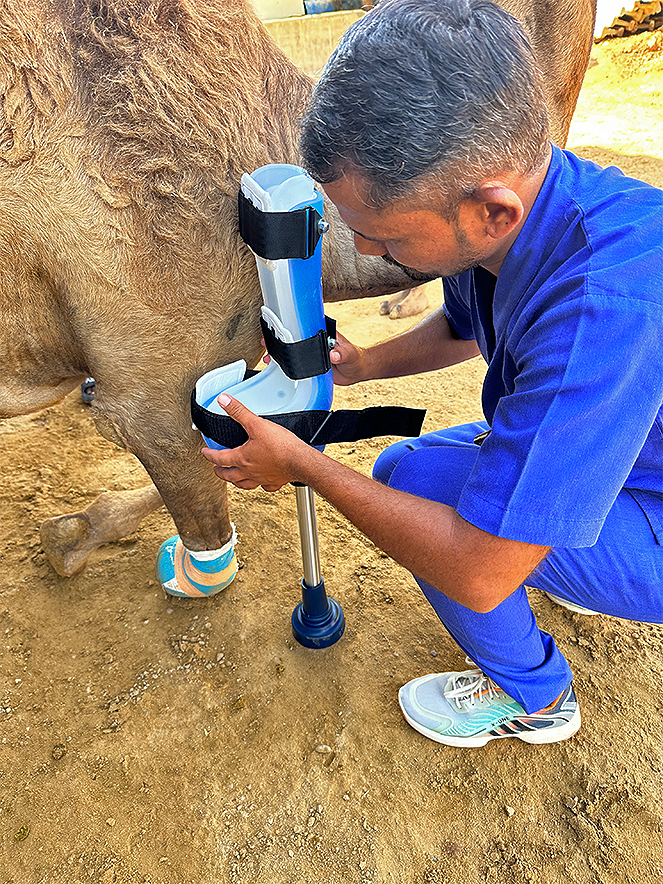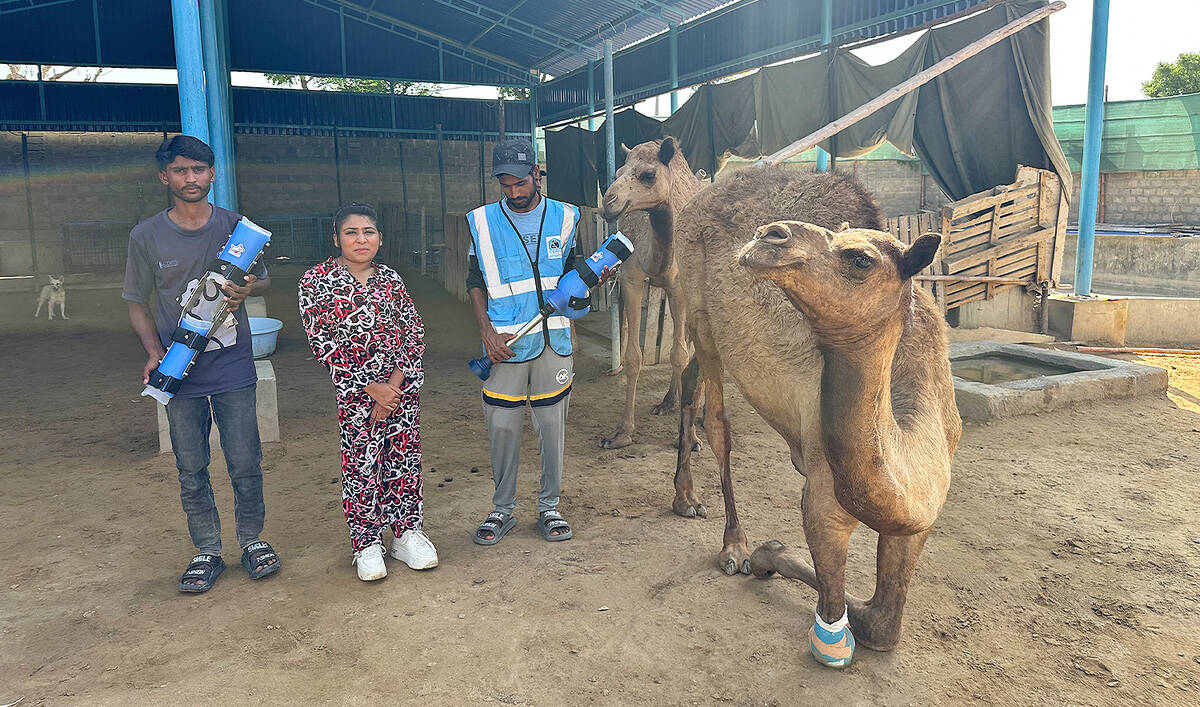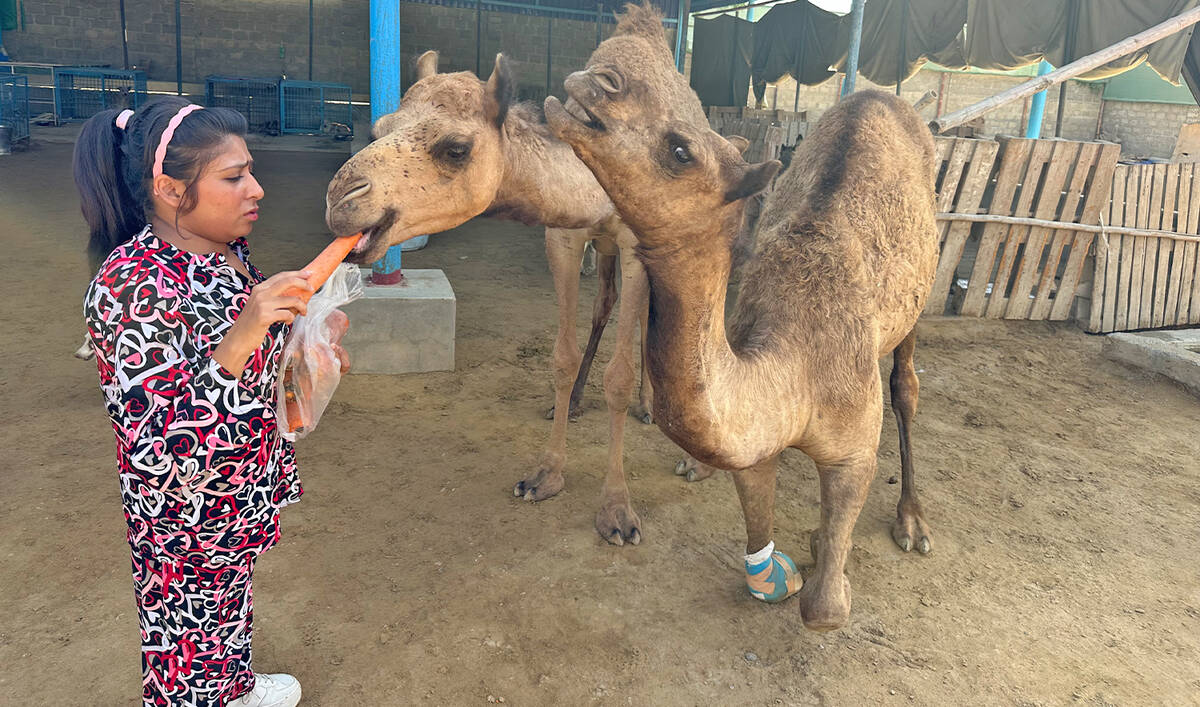ISLAMABAD: Pakistan’s Caretaker Prime Minister Anwaar-ul-Haq Kakar on Wednesday criticized Israel for killing unarmed Palestinians, particularly children, in Gaza, as he questioned the world’s double standards in reacting to wars in Ukraine and the Middle East.
Over 11,200 Palestinians have been killed in Israeli attacks on Gaza since Oct. 7. Israel says it is responding to a full-pronged attack launched by Hamas’ military wing last month, which reportedly killed over 1,200 Israelis.
Israel has ignored calls from international rights groups and Muslim countries to impose a cease-fire in the densely populated Gaza. Its airstrikes in the Palestinian territory has leveled thousands of buildings as it imposes a blockade on Gaza, preventing medical supplies and relief items reaching millions of Palestinians.
“The entire globe is experiencing one of the medieval or even probably, there is no parallel in the medieval world of such barbaric and horrific acts which are being committed.
by the state of Israel against the unarmed citizenry of Palestine,” Kakar said.
The Pakistani prime minister was speaking to participants at the Margalla Dialogue 2023, a conference organized by the Islamabad Policy Research Institute (IPRI) where prominent scholars, practitioners and experts speak on geopolitics, society, economy and technology.
Kakar said when he discussed Israel’s war on Gaza with some diplomats of western countries, they mentioned that Israeli children had also died in the war.
He reiterated that the killing of any child, regardless of their faith or origin, is condemnable.
“So how many Palestinian children have to be killed to appease and address the Israeli anger,” Kakar asked.
“One, five, ten, 500, 1000, 4,700? Can they give us a number so that we can satisfy those parents to wait as some 10,000 children needed to be killed to address the Israeli anger?”
The prime minister also touched on trade with India, saying that Pakistan had never shied away from establishing trade relations with its neighbor. However, he said trade should be for “mutual benefit,” adding that Pakistan would not “beg.”
“We do see the opportunity and benefit of having trade and connectivity on the Eastern side [India] as well but for that to realize, Pakistan does feel that every individual and nation has to interact in a dignified way,” he said.
The Pakistani premier admitted that India had a large economy, however, one could not beg to trade with another entity.
“Begging is not an option, and we definitely will not as trade and economic activity has to be done through mutual benefit,” he said.
Trade relations between bitter rivals India and Pakistan stand frozen since August 2019 after New Delhi revoked the semi-autonomous status of the part of Kashmir it controls, dividing it into two federally administered territories.
The Muslim-majority Himalayan region has been a bone of contention between Pakistan and India since their independence from British rule in 1947. Both neighbors rule parts of the Himalayan territory, but claim it in full and have fought two of their three wars over the disputed region.
Kakar said addressing the Kashmir conflict was crucial before establishing trade links with India. He said without resolving these issues, normalizing relations with the current Indian regime would be challenging.
“Kashmir is an area which deserves some serious attention and that attention has to be given according to the people of Kashmir, not according to Pakistan or according to India,” the premier said.
On Pakistan’s economic challenges, he expressed readiness to boost the country’s economy by tapping into its land and mineral resources. He spoke about harnessing the benefits of a youthful population, saying that it remains underinvested in terms of both human resources and skills development.
“We have underinvested in our human resource, underinvested in our skills development and other areas but it does not mean that it is utmost poor although It is challenging, but we will reach there,” Kakar noted.



















